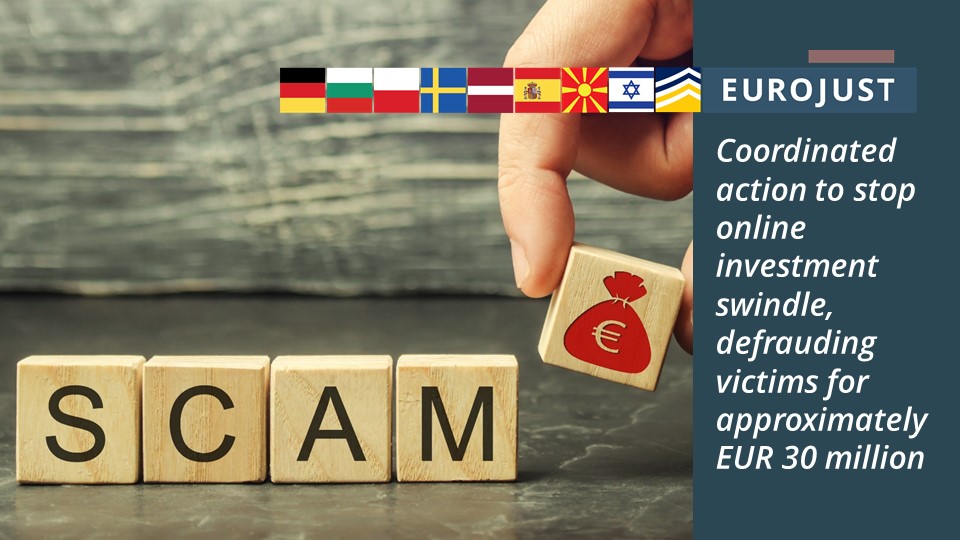by Michael Edesess
Nassim Nicholas Taleb doesn’t mince words. When he thinks that something is worthless, he says so. In a recent paper he says in no uncertain terms that bitcoin is worthless. However, those “uncertain terms” are not only in mathematical language but in Taleb-speak. They need some explanation and interpretation. I will provide it in this brief article. In a new paper, “Bitcoin, Currencies, and Fragility,” Taleb aims a scattergun at bitcoin and its underlying database technology, blockchain. Some of those scattershots merely ding bitcoin or blockchain only slightly, or not at all. But some of them hit the mark squarely. Continue reading…










